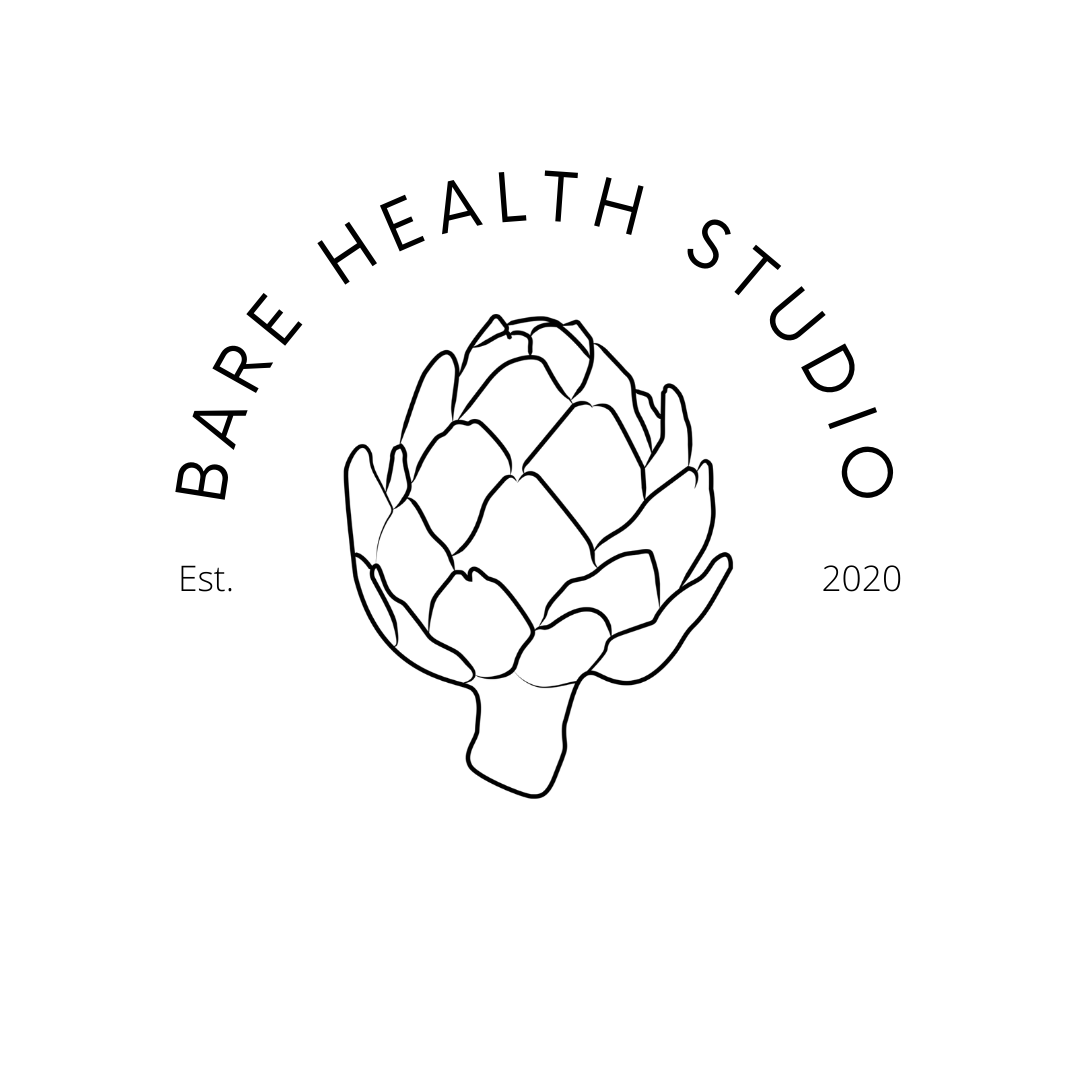Winter Food Cravings and How to Navigate Them
Hands up if the only way you’ve been leaving the house this winter is if you’re dressed in a down quilt? Ok, maybe a slight exaggeration, but I’m definitely more likely to opt for time spent at home during the cold winter months. And when the cold weather eases I take every opportunity to get out and about, exercise and be active outdoors and more social. The warmer months have me satisfied with fresh, vibrant salads and smoothies. But when the temperature drops, I’m suddenly hungrier and craving big comforting plates of cheesy pizza and pasta, and freshly baked apple cinnamon muffins and chocolate chip cookies. Does this sound relatable?
Why do we get food cravings?
Those comfort foods you’re craving actually lead to a short-term mood boost and feelings of wellbeing. Foods that are rich in carbohydrates and fats trigger serotonin, dopamine and endorphins, these are “feel good” neurochemicals in the brain. These same chemicals are produced when we expose ourselves to sunlight (Vitamin D) and exercise, however this often declines in the colder months. The connection is year round -
however a mood drop in the colder, bleaker months sees an increased need for a mood booster. The naturally lower mood in winter has also been linked to emotional eating.
Many comfort foods are also very nostalgic from childhood. I’m thinking of a trip to Pizza Hut after a sports game with your team, baking some oat & raisin cookies with your grandma or snacking on choc chip muffins at a sleepover with your friends. The kinds of foods we ate as children in winter will impact our food choices as adults. These nostalgic comfort foods can make us feel like we’re getting a warm hug from a loved one. It’s common to experience feelings of loneliness in winter and have a longing to be more connected to people. A review on comfort food studies actually suggested that eating comfort foods may play a role in alleviating loneliness.
Picture this, you’re home in your loungewear, having a scroll on socials to stay connected and check in with your mates then bam #foodporn drool worthy foodie pics get you craving a sweet treat. If you’re like me, your social feeds are filled with delicious comfort foods like baked goods at this time of year. Seeing photos of different foods will really make you crave them! These gorgeous food pics are extremely compelling and have an overwhelming effect on our brain, impacting our cravings.
If the goal is to provide comfort, then why does it receive such a bad rap?
The thing about comfort food is we are usually trying to recreate that serotonin, dopamine and endorphin boost and often these foods can be made from highly refined carbohydrates, and are high in sugar and fat. These are the sorts of foods associated with weight gain in winter and are linked to conditions such as diabetes and heart disease if consumed in excess long term.
It’s important to note that not all comfort foods are created equal. You can get your comforting feelings from wintery foods that contain nourishing and nutrient dense ingredients. For example there’s nothing more comforting than a big bowl of soup with a slice of sourdough on the side. I also love to make curries and chillies, which are packed with nutrition and can have the added goodness of immune supporting herbs and spices like onion, ginger, chilli and garlic. You can also switch your sugary hot chocolate one made from raw cacao powder for a decadent antioxidant hit.
For those of us who crave and enjoy comfort foods the good news is that studies assessing intuitive eating- the practice honouring your hunger cues, listening to your body, eating when you are hungry and stopping when you are full - suggest that people who eat in this way feel better psychologically, are less likely to have disordered eating patterns and are happier with their body image.
So, with all of that in mind, I think it’s time to remove any winter food guilt and listen to your body, get cosy in your favourite hoodie, plonk yourself on the couch and enjoy some healthier swaps to your classic comfort foods.
Anushka Malcolm
CO-FOUNDER + CLINICAL NUTRITIONIST
Anushka is clinical nutritionist and passionate health foodie from Adelaide, South Australia. Anushka uses up-to-date clinical research and traditional wisdom to you diets so you can nourish yourself, feel your best and thrive.


